Iran-Egypt ties poised for revival as first Iranian president visits Cairo in 11 years
By Alireza Hashemi
Masoud Pezeshkian embarked on a visit to Cairo on Thursday, marking the first visit by an Iranian president to the Arab country since 2013—a significant event against the backdrop of heightened regional tensions.
The primary agenda of the visit is participation in the D-8 Organization for Economic Cooperation, also known as Developing-8, an organization of developing Muslim nations aimed at fostering economic cooperation within the Islamic world.
However, the main significance of the Iranian president's historic visit lies in its potential to open a new chapter of cooperation between Iran and Egypt, building on strenuous efforts made over the past two years.
Regional observers are keenly watching to see if the event will pave the way for enhanced diplomatic relations between the two countries, as Pezeshkian is scheduled to meet his Egyptian counterpart, Abdel Fattah el-Sisi, on the sidelines of the summit in Cairo.
Abbas Araghchi, accompanying the president, will also meet his Egyptian counterpart to discuss bilateral and regional issues, the foreign ministry spokesman stated during Monday's press conference.
Iran and Egypt, two influential Muslim-majority countries, have experienced strained relations since the 1979 Islamic Revolution.
A key source of tension was Egypt's decision to grant asylum to the deposed West-backed Iranian dictator, Mohammad Reza Pahlavi, as well as recognition of the Israeli regime through the 1978 Camp David Accords.
Relations between the two countries saw a marked improvement after the ouster of longtime Egyptian dictator Hosni Mubarak during the 2011 Arab Spring.
Push for better ties
Under former Iranian president Ebrahim Raeisi, efforts toward fully restoring diplomatic ties gained momentum, as Raeisi and his Egyptian counterpart, Sisi, met on the sidelines of the Arab-Islamic summit in Riyadh in November 2023.
This encounter marked the first meeting between the leaders of the two countries in over a decade, following Mahmoud Ahmadinejad's visit to Cairo in 2013 to attend the Organization of Islamic Cooperation (OIC) summit.
Oman played an important role as a mediator between the two countries during the Raeisi government with Sultan of Oman Haitham bin Tariq Al Said visiting Tehran in June 2023 carrying a message from Egypt.
President Raeisi's tragic death in a helicopter crash in May 2024 was followed by a snap presidential election, in which veteran lawmaker and former health minister Masoud Pezeshkian emerged as the winner.
Egypt’s Foreign Minister, Badr Abdelatty attended Pezeshkian’s inauguration ceremony in Tehran in July 2024.
In October, Araghchi visited Egypt to discuss regional issues, particularly the genocide in Gaza and Lebanon, with his Egyptian counterpart. Pezeshkian and Sisi also engaged briefly during the BRICS summit in Kazan, discussing regional issues.
Experts believe that the D-8 summit in Cairo, starting Thursday, will act as a catalyst for the formal resumption of diplomatic ties between Iran and Egypt.
Jafar Qanadbashi, an Iranian analyst of West Asia affairs, told the Press TV website that there is a strong likelihood of full diplomatic normalization and the reopening of embassies between Cairo and Tehran.
He noted that Egypt’s previous hesitance to fully restore ties with Iran was influenced by its alignment with Saudi Arabia and US policies.
However, following the China-brokered rapprochement between Iran and Saudi Arabia in March 2023, a more favorable environment for reconciliation has emerged.
Hassan Hanizadeh, a Tehran-based analyst, agreed that conditions are ripe for the appointment of ambassadors between the two countries, despite external pressures from the US and certain Arab regimes opposed to Iran's growing regional influence.
Speaking to the Press TV website, he said Sisi appears open to strengthening relations with Iran due to its economic potential and regional influence.
Hanizadeh emphasized that Egypt’s strategic position as a hub between Asia and Europe, along with its large population of 110 million, presents significant opportunities for Iran.
President Masoud Pezeshkian held a bilateral meeting with Egyptian President Abdel Fattah El-Sisi on the sidelines of the D-8 Summit in Cairo. pic.twitter.com/Uc4uRaIfyV
— Press TV 🔻 (@PressTV) December 19, 2024
Unified Muslim world
The D-8 summit also serves as a platform for addressing divisions within the Muslim world and offering a venue for intense diplomacy to prioritize important issues facing the Muslim world, from Gaza to Syria.
In remarks before his departure from Tehran on Wednesday, Pezeshkian underscored the importance of strengthening ties among Islamic countries to counter external threats—a reference to the Israeli apartheid regime and its Western backers.
“The closer, deeper, and more practical our relations with Islamic countries become, the more effectively we can thwart enemies' conspiracies against us and other Islamic nations," he remarked.
Qanadbashi highlighted the D-8 summit's importance for Iran, likening it to a Muslim version of the global BRICS alliance and noting that the bloc represents 13 percent of the world's population.
He emphasized that establishing a joint Islamic market could diversify Iran’s economic connections and help alleviate the effects of draconian Western sanctions.
Discussions at the summit are expected to focus on the ongoing genocide of Palestinians in Gaza, which has killed over 45,000 people, most of them children and women, since October last year.
Leaders attending the summit are expected to explore how Islamic nations can adopt a unified stance to support oppressed populations in Gaza, Lebanon, and Syria.
The pursuit of peace in Gaza is particularly relevant given Egypt's role as a mediator in ceasefire negotiations currently underway between Hamas and the Israeli regime.
Efforts to restore stability and democracy in Syria will also be a key point of discussion, particularly given Turkish President Recep Tayyip Erdogan’s participation in the summit, as Turkey is a key player in post-Assad Syria.
The situation in Syria continues to be grim, days after the Bashar al-Assad government was overthrown by a cluster of militant groups backed by the Israeli regime, the United States, and some regional countries.
D-8 summit will be an ideal opportunity for leaders of Iran and Turkey to discuss events unfolding in Syria and ways to prevent the Arab country from descending into further chaos under the new ruling dispensation led by the HTS militant group.
Revealed: Israeli ministers eye restoration of illegal settlements in Gaza through genocide
How Los Angeles’ pistachio tycoons facilitated and profited from wildfires
Iraqi PM: Iran was in Syria to fight terrorism; presence requested by Damascus
Hamas: Israel's massacre in Jenin camp won’t break resistance
60 bodies recovered from abandoned South African gold mine: Police
Biden administration ‘quietly’ circumnavigating own ban on TikTok: Report
Iran Navy takes delivery of first advanced ‘signals-intelligence’ destroyer
Italian TV exposes Israeli manipulation of EU institutions


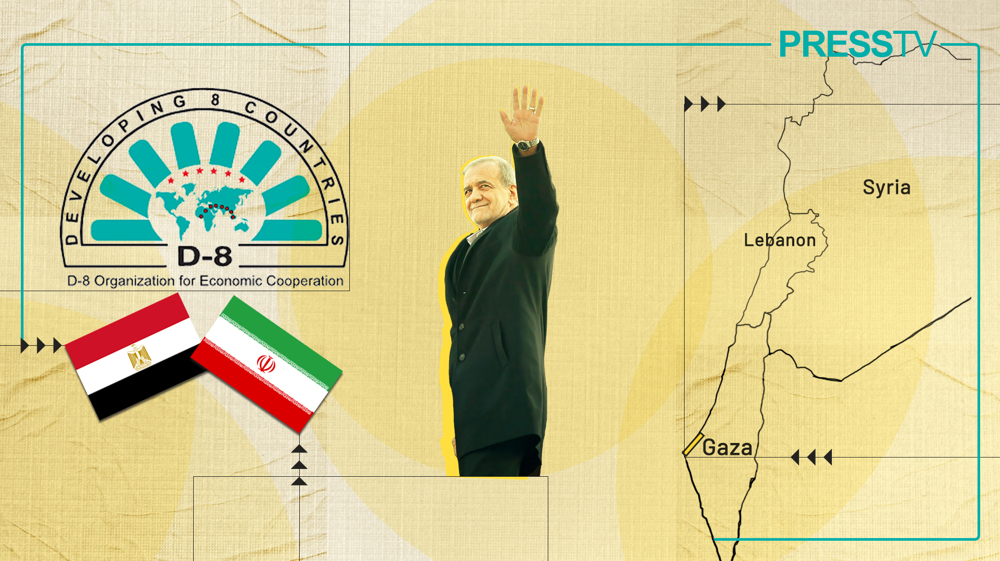
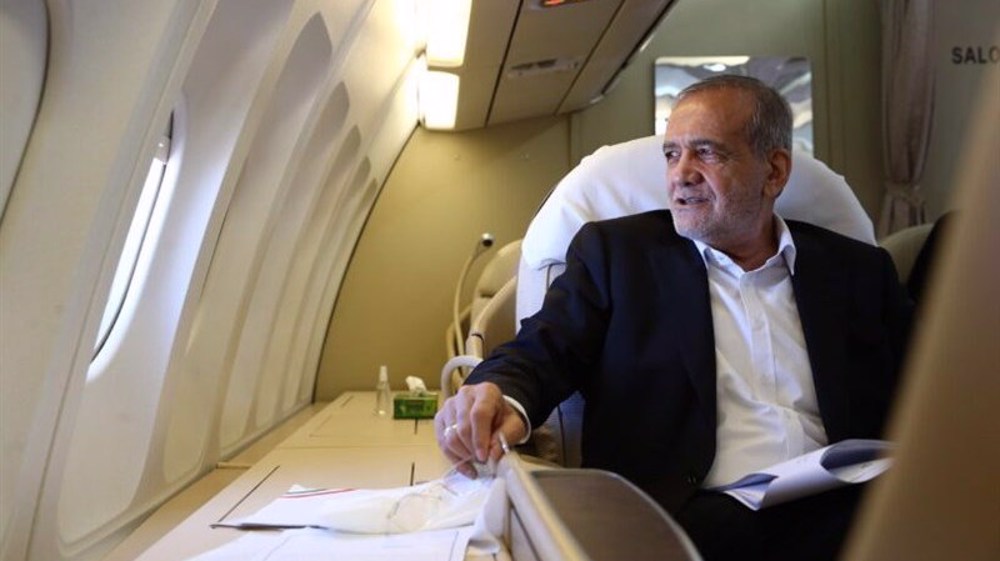
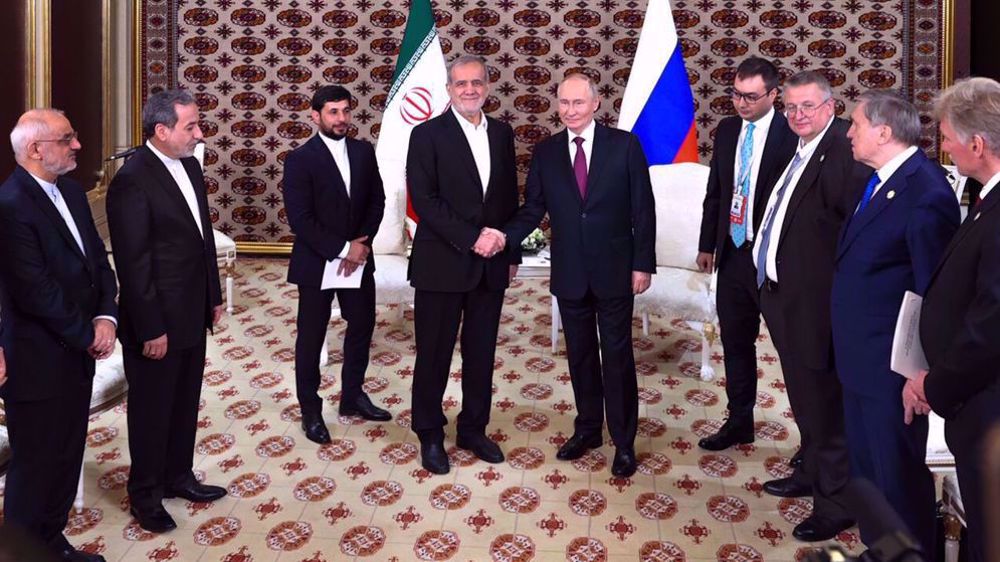
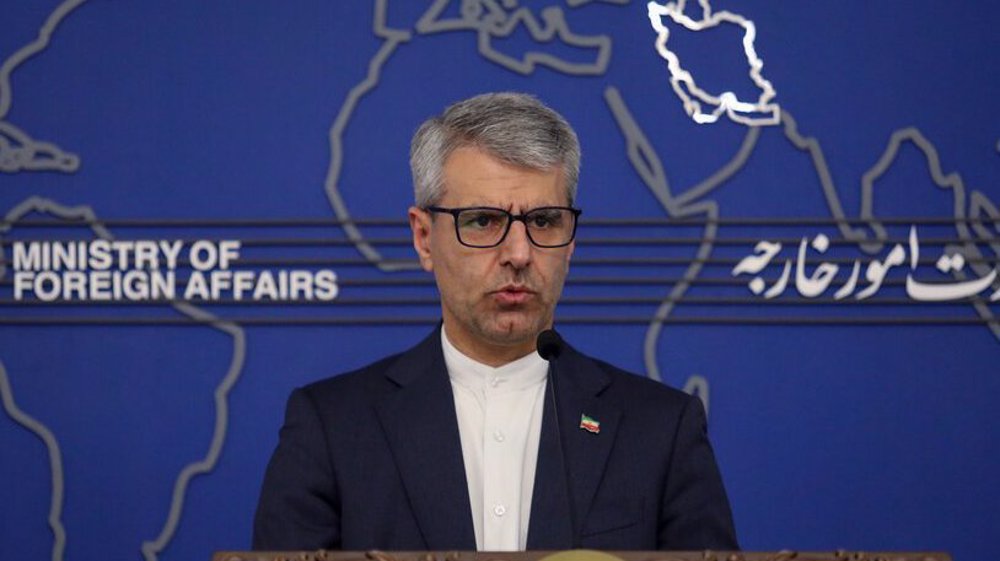
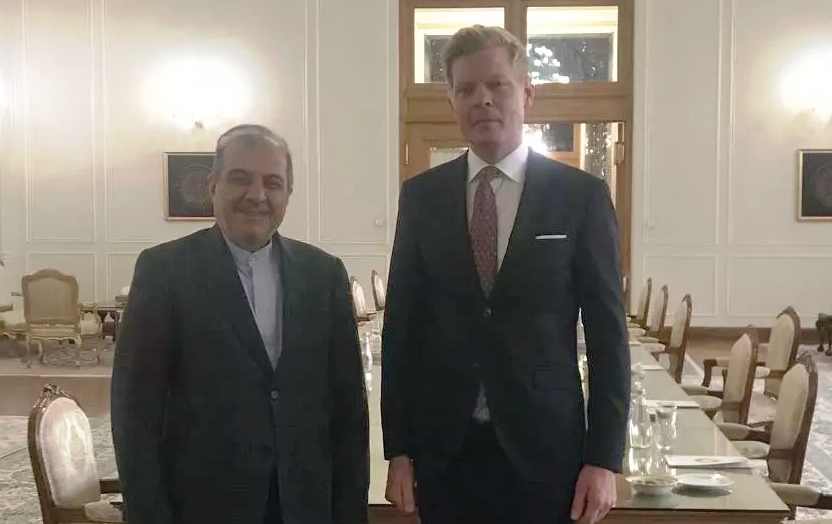







 This makes it easy to access the Press TV website
This makes it easy to access the Press TV website